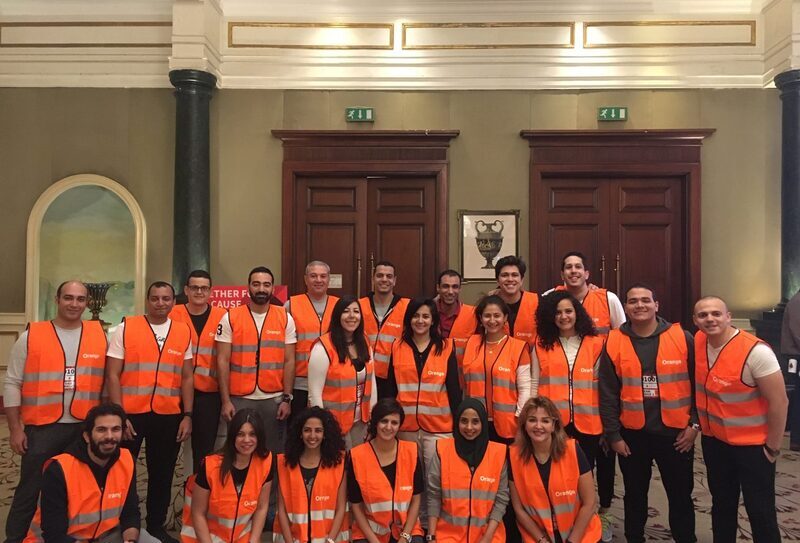
UNEP official: Every dollar invested in reviving degraded lands brings up to $30 in returns
Elizabeth Maruma Mrema, Deputy Executive Director of the United Nations Environment Program (UNEP), said every ...

Several years ago, the Egyptian government spearheaded a march for developing Upper Egypt in line with SDGs.
Within this context, the World Bank has pumped dlrs 800 million in support of the Micro, Small and Medium Enterprises Development Agency (MSMEDA) to secure needed finance for small and micro projects.
Earlier in May, Investment Minister Sahar Nasr and World Bank President David Malpass met with 30 women who obtained loans for micro-sized projects in the Upper Egypt governorate of Aswan in line with a cooperation deal between the World Bank and the MSMEDA.
Nasr said the ministry’s top priority is buttressing micro projects in particular because they secure jobs for women. She said about 80 percent of micro-sized finance went to women.
In 2012, the Egyptian Ministry of International Cooperation joined hands with the United Nations Development Program (UNDP) to promote an integrated development approach in Upper Egypt. The Egypt Network for Integrated Development aimed to develop a replicable approach to local economic development and address rural-urban disparities in poverty and economic opportunity. Its primary objective was to enhance the well-being of the people of Upper Egypt, by implementing an integrated approach in income generation, food security, improved basic services combined with activities in knowledge management and networking for local economic development.
The project – whose budget stood at $4,708,209 – was financed by the government of Italy, government of Egypt, Rockefeller Brothers Fund, Sawiris Foundation for Social Development, Swedish International Development Cooperation Agency (SIDA), UK Department for International Development (DFID), UN Women and the United Nations Development Program (UNDP).
In manufacturing, Egypt Network for Integrated Development (ENID) has implemented the One-Village-One-Product model in 22 villages in Qena and neighboring governorates of Sohag and Luxor to promote handicraft and cottage industry development, upgraded the technical, vocational education and training (TVET) programs and supported the industrial cluster development in Upper Egypt.
In agriculture, ENID has introduced sustainable agricultural practices in Upper Egypt including crop residue recycling, community milk processing and backyard poultry rising. It has also facilitated the changes in farming practices by organizing farmers field schools (FFS) where farmers actively participate in the capacity building process and identify local solutions for local challenges.
In basic services, the project is providing innovative joint literacy and sewing classes, has opened kindergartens, provided health services and upgraded the operations and curriculum of youth centers in Qena.
In 2015, 2006 tons of agricultural residues were recycled producing 2809 tons of compost, 132 tons of non-traditional feed, and 363 tons of silage.
As part of ongoing effort to accelerate progress in education in Upper Egypt, the Sawiris Foundation for Social Development (SFSD) signed a cooperation agreement with UNICEF in 2013 to create and implement schools for Egypt in the rural Upper districts of Assiut and Sohag.
SFSD leadership gift of $ 2,250,000 over 4 years (2013–2016) helped ensure the most marginalized children receive a quality primary education.
Approximately 3,600 children in the targeted districts benefited from the project.

Orange launches “Games of Change” environmental program on plastic wastes during AFCON
Orange launches campaign to support Children’s Cancer Hospital Egypt 57357
Orange mulls extending free internet services to schools under 2020 CSR strategy
Elizabeth Maruma Mrema, Deputy Executive Director of the United Nations Environment Program (UNEP), said every ...
President Abdel Fattah El Sisi issued eight directives on the Labor Day to ensure providing ...
Paysky, the leading digital payment solutions provider, was named among Forbes Top 50 Fintech companies ...


اترك تعليقا